Scot LaVelle owns a successful Dalton floor covering company, Niche Custom Flooring. Through the years, he has relied on experts at the University of Georgia Small Business Development Center to advise him on ways to shore up his finances, maximize his operations and stay profitable, even during the Great Recession.
“We get so immersed in the company that we fail to see the things we need to see. SBDC consultants help evaluate where we are and show us ways to improve,” says LaVelle. “They have helped us with our financial resources at one time, accounting another. And in looking at our manufacturing processes, they found a couple of small changes that would help us reduce our expenses significantly.
“Our sales went down last year, but we managed our costs so well that our overall net margin was larger.”
And in the midst of running Niche, LaVelle and his wife, Christine, built a new company: Mold Hold.
The product, also named Mold Hold, is an adhesive tape that sticks to wet surfaces, restricting the movement of mold spores and other contaminants. LaVelle developed it in 2010 when a burst pipe in his home revealed mold.
“The mitigation guy told us we couldn’t remove anything from the house that had mold on it,” says LaVelle, “but I wanted it out.
“He explained that ‘mold is like a dandelion bloom. One puff and it goes everywhere.’ But before he left, he set up fans to dry out the house. That had to be the wrong protocol. Disturbed mold puts out a lot more spores. It has a great survival instinct.”
LaVelle told his plant manager at Niche he wanted some matting materials covered with pressure sensitive adhesives that work in wet conditions. He took the patches back to his house and, wearing a respirator, applied them.
“Our home was toxic by that point,” he says. “I put the patches up thinking that if the mold can’t get off the wall, it can’t get in the air. I took the mask off then, and had no problems breathing. Mold Hold excels at source containment. It’s a rapid response tool.”
When the mitigation crew returned, LaVelle showed him the patches. “The techs were almost dancing a jig in my kitchen,” he says. “They wanted to know where they could get the product.”
LaVelle and his son, Alex, started working on the patent the next day. He later contacted Rick Martin, director of the SBDC’s International Trade Center.
“When Scot found out there was nothing like Mold Hold in the marketplace, he decided to create a whole new product category for the industry,” says Martin. “He came to us indicating he wanted to tap into our resources. Scot is a very good marketing person and wanted to understand the industry’s channels, its structure, and see where his new company fit.”
Martin led LaVelle to resources at the University of Georgia that helped him develop international industry contacts. He helped LaVelle to determine landed costs in his target international markets. Martin sent him to UGA’s Engineering Department, which conducted an energy audit of the manufacturing facilities and made suggestions to help lower costs. SBDC consultants also worked with Lavelle to evaluate the best financing op- tions for his new com- pany’s growth.
“I love these people,” says LaVelle. “They have been instrumental in our success. The SBDC folks I’ve worked with had already helped us make Niche a viable entity. Now they’ve spurred the growth of Mold Hold.
“Our product – and the reason we’ve spun it into a new company – is to help protect the health and property of others from airborne toxins.” And after introducing the product at trade shows, LaVelle is in negotiations with a major retailer.
“Sales are starting to bloom with our new product. By the end of the year, we expect to grow to five full-time and several part-time employees. We know that with Mold Hold, we could be a very successful company with over $1 million in sales in just a few months,” he says. “The product is well made, has good margins and, most importantly, will prove very useful to consumers.”
“We are extraordinarily grateful to the SBDC for helping us bring this idea into the marketplace and to develop new markets. I would encourage anyone who has a small business to step outside of themselves and use this valuable resource,” says LaVelle.


